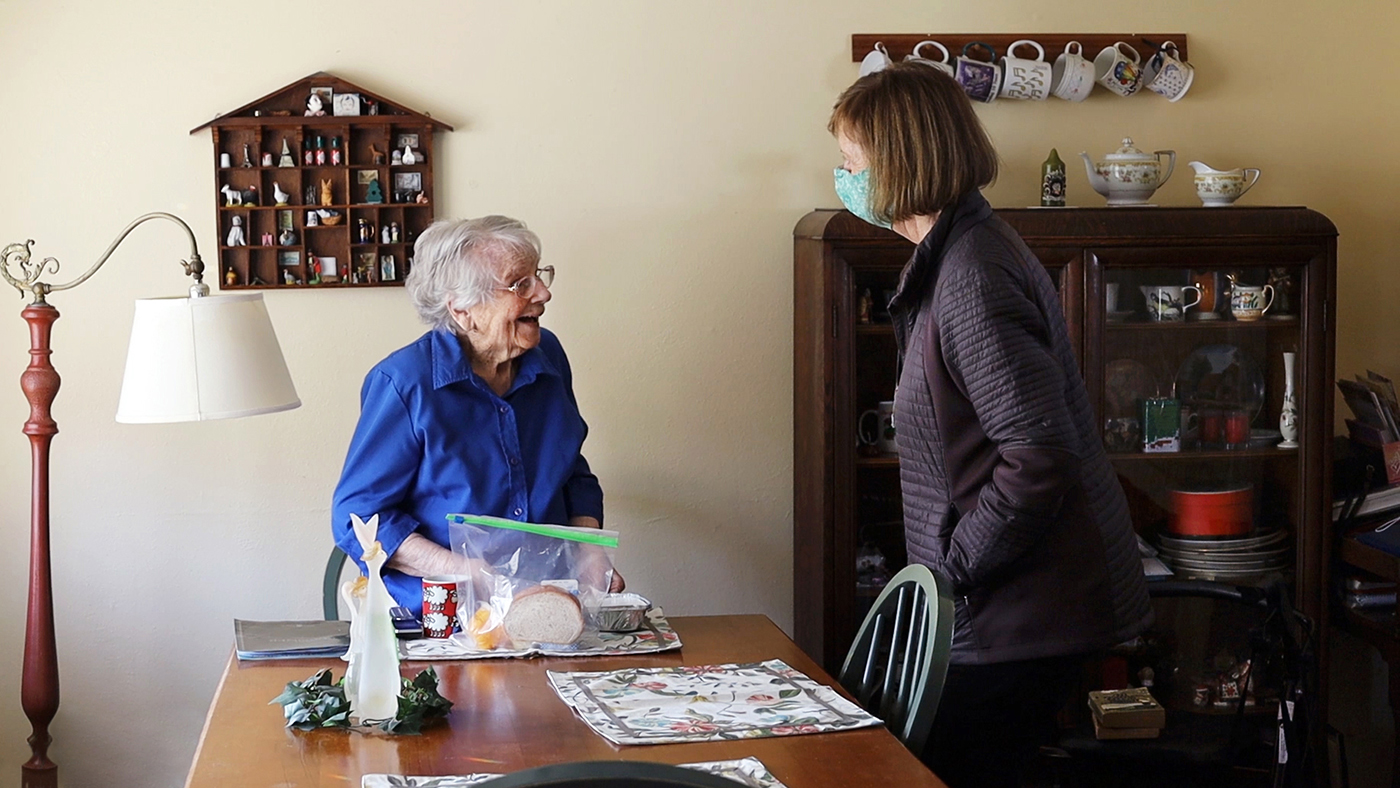
After unveiling our bold community impact goals we’ve set for 2025, United Way of Story County (UWSC) hosted a community conversation, a place to share our goals with our community and learn about the wins and challenges faced in our focus areas of health, education, and financial stability. Over the next few months, we plan to spotlight how our partner agencies rose to the occasion to combat the challenges they faced through a difficult year and how resilience and dedication allowed for great strides in providing for individuals and families.
UWSC heard from agencies all across the county who responded nimbly and creatively to the unique issues posed by the pandemic. Red tape was cut through and processes changed to enable online and/or socially-distanced programming, telehealth, and so much more, sometimes in just a few weeks! Better yet, some of these new processes improved upon what we did before. Keep reading for examples from just a handful of our partners.
Primary Health Care moved to tele-health right at the start of the pandemic, making this switch in 3-4 weeks for those “at risk or afraid to leave their homes” (Marissa Conrad, Director of Marketing and Communications). Primary Health Care forged forward with opening their dental clinic during the pandemic and have already been able to serve over 500 clients.
.jpg)
Eyerly Ball also moved to tele-health. This not only had health advantages for patients and staff, but also helped with staff availability and retention – big challenges in the mental health care field. Flexibility (in terms of hours worked, location, etc.) was key, according to director Cynthia Steidl-Bishop.
Camp Fire Heart of Iowa was able to pivot and provide an“SOS learning program” (Students Out of School). They provided supervision for virtual learning, ensuring children could socially distance. This was an important resource for parents who had to work. In addition, Camp Fire was able to hire a literacy specialist who helped implement a comprehensive literacy program. This had been in the works pre-pandemic but got rolled out during the pandemic.
Boys & Girls Clubs of Story County provided a day club for children receiving online school instruction. While numbers served were lower due to the pandemic’s constraints, the Club’s offerings ensured social-emotional supports were available for children and also provided academic supports when these were needed most.
Raising Readers in Story County started a new parenting program designed for a virtual setting. Called “STARS”, this innovative program served 14 families in FY20-21 alone, with 100% reporting they read the recommended amount per day to their children!
Meal providers, like many school districts and our partner Heartland Senior Services (HSS), responded nimbly to the increases in need and to new, socially-distanced forms of food delivery (like grab-and-go meals). For example, he number of participants in HSS’ Meals on Wheels program increased by 14%, from FY20 to FY21. New collaborative efforts also sprouted up alongside these new delivery methods with Story County Reads (UWSC’s education initiative) providing books at multiple food distribution sites.

The innovation of our partners this past year would be impressive in any normal circumstance, but under the pressure of the pandemic, these bright spots truly show the commitment of our community to ensure that everyone has access to what they need to thrive. Not only did our partners adapt and flex their programs to fit new challenges, but the pandemic also brought about entirely new partnerships. Look for our article next month to learn more about new collaborations, strengthened partnerships, and record-setting programs.
